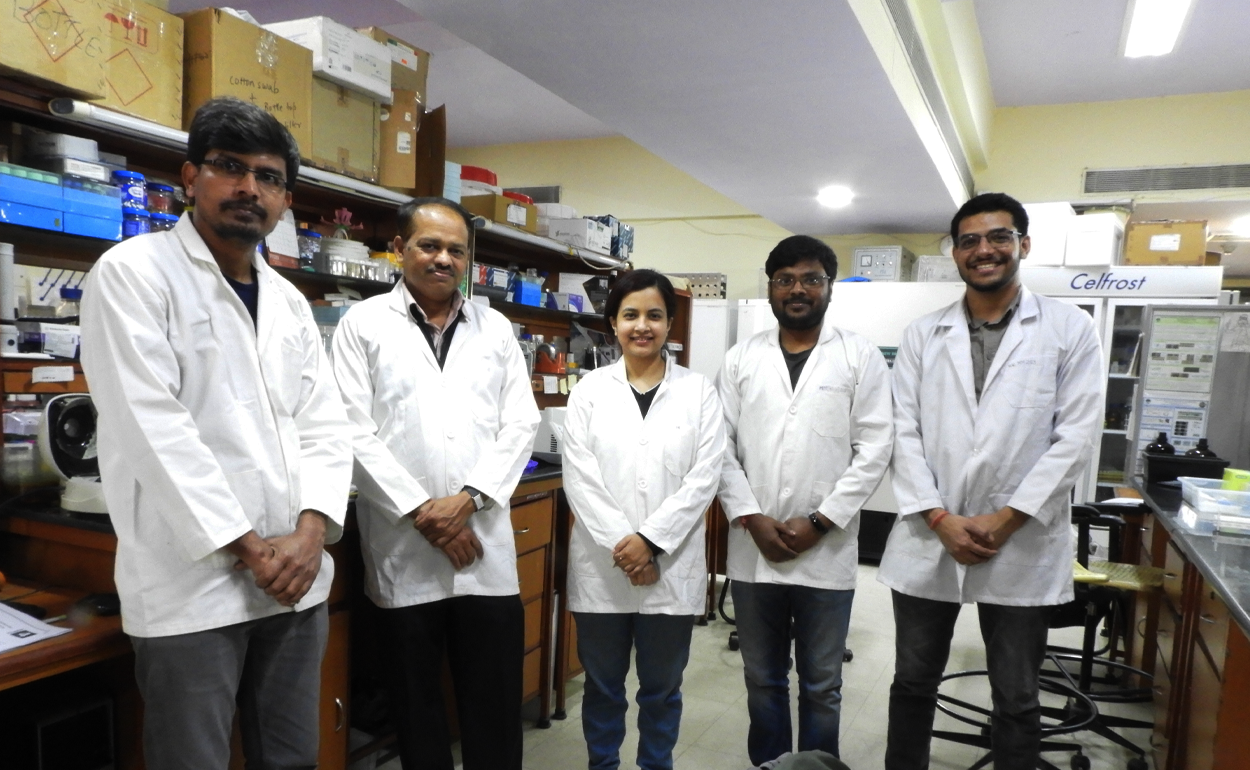
NIPGR scientists find a novel role and mechanistic insight of protein repairing enzyme PIMT in plant growth, survival and yield under adverse environmental conditions.
Mar 23, 2020 | BY RATNESHWAR THAKUR
Researchers from the National Institute of Plant Genome Research (NIPGR) studying the mechanisms of plant survival under adverse environmental conditions - have uncovered how an enzyme called PROTEIN L-ISOASPARTYL METHYLTRANSFERASE (PIMT) enable plants to repair the proteins vital to their own survival. The researchers' hope is that this knowledge will help to develop climate resilient crop variety with unabated productivity and yield even under adverse environments.
The study appeared in the Journal of Biological Chemistry.
Across the world agricultural productivity is highly affected by climate change and global warming, and causing a huge risk of future food securities. Therefore, development of climate resilient crops variety of major food crops is an indispensable goal of plant scientists.
Proteins are essential for the structural and functional maintenances of plant cells. Proteins are highly susceptible to a variety of reversible and irreversible damages under stressful environments. However, Plants have amazing abilities to maintain the structure and functions of proteins in the cell.
According to this study, stressful environments, particularly heat and oxidative stress conditions, triggers formation of a harmful amino acid called isoaspartic acid (isoAsp) residues from normal aspartate and aspargine in proteins.
"Our study is first to report that PIMT plays a significant role in maintaining plant growth, survivability and yield under stressful environments, by restricting stress induced isoAsp mediated protein damage of various protective proteins from dysfunction,” he added. .
Earlier studies from Dr. Majee’s lab suggest that enhanced production of PIMT in plants, particularly in seed, significantly improves seed vigor and longevity. “In present study, we provide evidence that PIMT not only improves seed vigor, seed storage life but also improves plant abiotic stress tolerance and yield by actively repairing deleterious damage in proteins,” said Shraboni Ghosh, the lead author in this study.
The study is promising and this approach could be utilized to develop climate resilient crop plants with improved seed vigor and longevity, and thus this research finding would be highly useful to Agriculture.
The research team included Shraboni Ghosh, Nitin Uttam Kamble, Pooja Verma, Prafull Salvi, Bhanu Prakash Petla, Shweta Roy, Venkateswara Rao, Abhijit Hazra, Vishal Varshney, Harmeet Kaur, and Manoj Majee from NIPGR, New Delhi.
The study was funded by the Department of Biotechnology and NIPGR.
Journal Reference:
Arabidopsis PROTEIN L ISOASPARTYL METHYLTRANSFERASE repairs isoaspartyl damage to antioxidant enzymes and increases heat and oxidative stress tolerance
